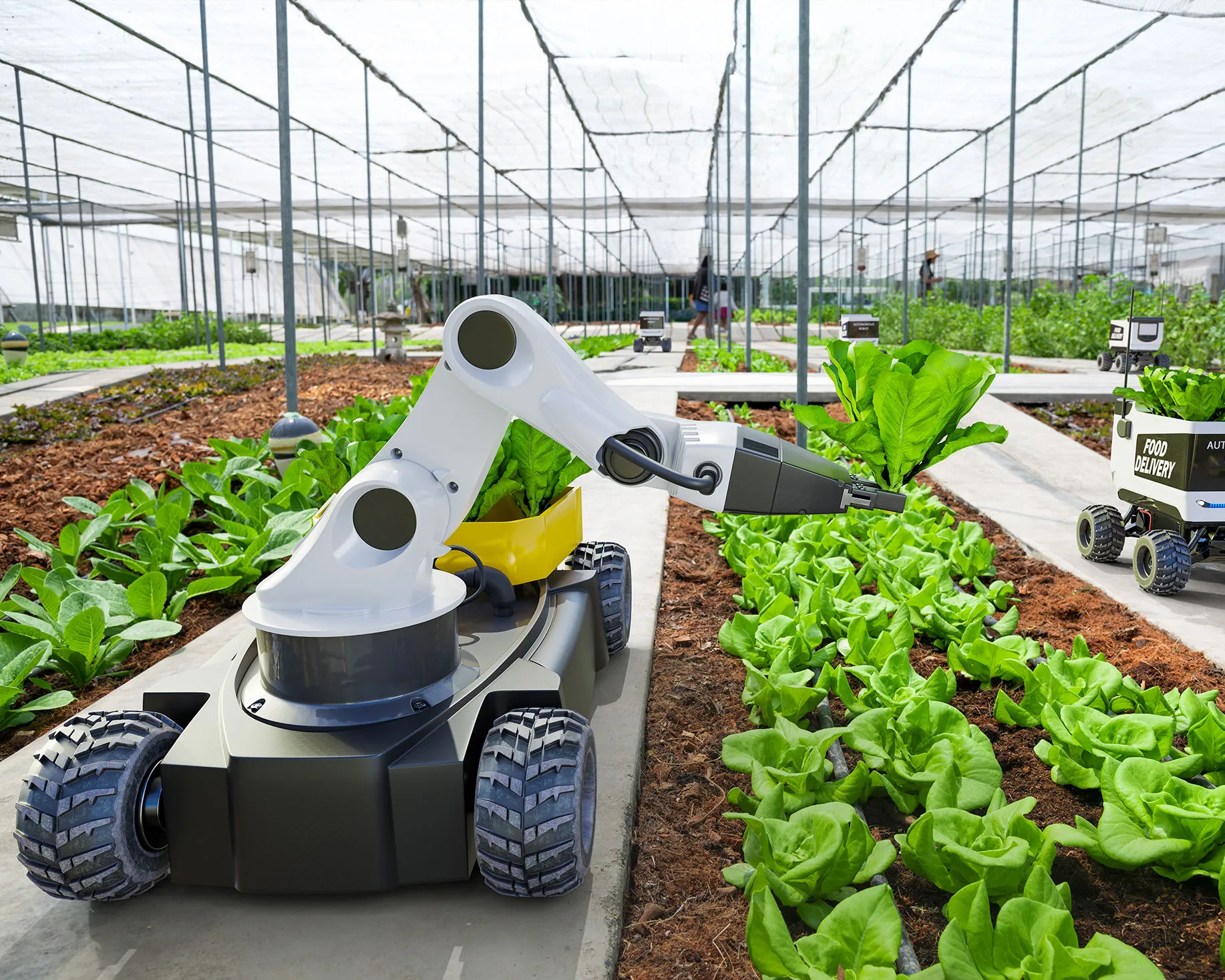Agriculture is the backbone of many African economies, providing livelihoods for millions of people and contributing significantly to GDP. However, the sector faces numerous challenges, including low productivity, limited access to markets, and inadequate infrastructure. To overcome these challenges and promote agricultural development, innovation systems have emerged as a crucial factor. In this article, we will explore the role of innovation systems in promoting agricultural development in Africa.
What are Innovation Systems?
Innovation systems refer to the network of organizations, institutions, and individuals that work together to develop, disseminate, and adopt new technologies, products, and practices. In the context of agriculture, innovation systems involve the interaction of various stakeholders, including farmers, researchers, extension agents, policymakers, and private sector actors. These systems facilitate the generation, sharing, and utilization of knowledge, leading to improved agricultural productivity and competitiveness.
Key Components of Innovation Systems in Agriculture
Effective innovation systems in agriculture comprise several key components:
- Research and Development: Research institutions and universities play a vital role in generating new technologies and knowledge. They work closely with farmers, extension agents, and private sector actors to identify priority areas and develop context-specific solutions.
- Extension Services: Extension agents act as a bridge between researchers and farmers, facilitating the dissemination of new technologies and practices. They provide training, advisory services, and support to farmers, enabling them to adopt and adapt innovations.
- Farmer Organizations: Farmer organizations and cooperatives play a crucial role in promoting innovation at the grassroots level. They provide a platform for farmers to share knowledge, access markets, and negotiate better prices for their products.
- Private Sector Engagement: The private sector is increasingly recognized as a key player in agricultural innovation systems. Companies can provide technologies, inputs, and services that support farmers, while also creating new market opportunities.
- Policy and Regulatory Framework: A supportive policy and regulatory framework is essential for promoting innovation in agriculture. Governments can create an enabling environment by providing incentives, investing in infrastructure, and streamlining regulatory processes.
Benefits of Innovation Systems in African Agriculture
Innovation systems can bring numerous benefits to African agriculture, including:
- Increased Productivity: By adopting new technologies and practices, farmers can improve crop yields, reduce post-harvest losses, and enhance the quality of their products.
- Improved Competitiveness: Innovation systems can help African farmers access new markets, both domestically and internationally, by improving the quality and consistency of their products.
- Enhanced Food Security: By increasing productivity and improving access to markets, innovation systems can contribute to enhanced food security and improved nutrition.
- Job Creation: Innovation systems can create new job opportunities in agriculture and related sectors, contributing to economic growth and poverty reduction.
- Climate Change Mitigation: Innovation systems can help African farmers adapt to climate change by developing and disseminating climate-resilient technologies and practices.
Examples of Successful Innovation Systems in Africa
Several examples illustrate the potential of innovation systems in promoting agricultural development in Africa:
- The African Agricultural Technology Foundation (AATF): AATF is a non-profit organization that facilitates the development and dissemination of new technologies, such as genetically modified crops and precision agriculture.
- The Kenya Agricultural and Livestock Research Organization (KALRO): KALRO is a research institution that works closely with farmers, extension agents, and private sector actors to develop and disseminate new technologies and practices.
- The Ghanaian cocoa sector: The Ghanaian cocoa sector has benefited from innovation systems that promote the adoption of new technologies, such as disease-resistant varieties and precision agriculture.
Challenges and Opportunities
While innovation systems have the potential to transform African agriculture, several challenges need to be addressed:
- Limited Funding: Innovation systems require significant investment in research, extension, and infrastructure.
- Inadequate Infrastructure: Poor roads, storage facilities, and irrigation systems can hinder the adoption and dissemination of new technologies.
- Limited Capacity: Farmers, extension agents, and researchers may require training and capacity-building to effectively participate in innovation systems.
- Policy and Regulatory Framework: Governments need to create an enabling environment that supports innovation and entrepreneurship in agriculture.
Despite these challenges, opportunities abound:
- Digital Agriculture: Digital technologies, such as mobile phones and precision agriculture, can enhance the efficiency and effectiveness of innovation systems.
- Private Sector Engagement: Increased private sector engagement can provide new sources of funding, technology, and expertise.
- Regional Cooperation: Regional cooperation and knowledge-sharing can facilitate the development and dissemination of context-specific solutions.
Conclusion
Innovation systems have the potential to transform African agriculture by promoting the development, dissemination, and adoption of new technologies and practices. By understanding the key components of innovation systems and addressing the challenges and opportunities, African countries can unlock the potential of agriculture to drive economic growth, improve food security, and reduce poverty. As the continent continues to evolve, innovation systems will play an increasingly important role in shaping the future of African agriculture.

